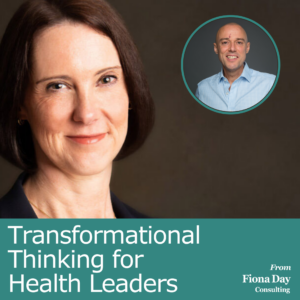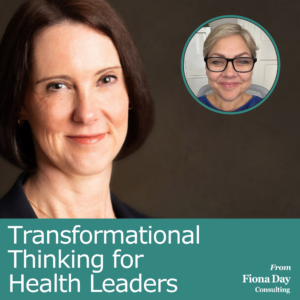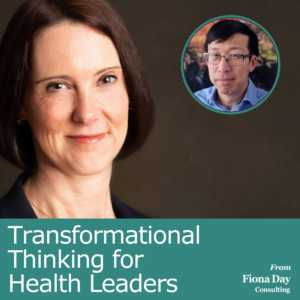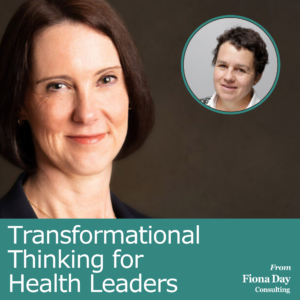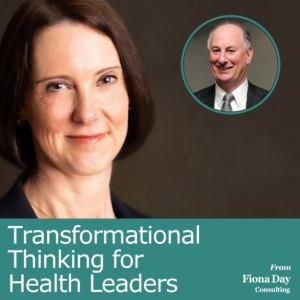Do you know your own stage of medical leadership development?
If you’ve ever had a child or work with children, then you will know that the majority of children grow through recognised developmental stages and milestones which are independent of culture. From preverbal to fantasy to concrete to abstract stages, it is a joy to watch a child grow, gaining maturity and insight into the world around them.
Adults also grow through recognised developmental stages, and progress through a series of developmental stages and milestones. Not all adults do have the opportunity to grow through these stages, and not all adults develop at the same rate. If you were to take a cross section of the adult population, you would see a spread of the four main recognised adult developmental stages. You would also notice that the spread in adults is not a typical ‘bell jar’ distribution, but is weighted to stage 2 of adult development, with very few adults reaching stage 4.
The same is true if you take a cross section of leaders, including medical leaders. While there are leaders who are in an early stage of adult development (stage 1), these tend to be in the minority. Leaders who are in stage 1 of adult development have often ascended through family businesses, or have succeeded to a senior role perhaps because of their autocratic tendencies. Stage 1 leaders usually:
- see everything as very black and white
- are unable to recognise other’s perspectives
- can often cause difficulties to people around them, and the institutions or organisations which they are leading.
Similarly, the proportion of leaders including medical leaders who are in stage 4 of adult development also tend to be in a minority. Organisations usually find this type of leader too challenging to employ, or for personal reasons a stage 4 leader may seek alternative roles independently outwith organisations, feeling that they are able to add greatest value through their strategic thinking and partnership working skills.
The majority of leaders are in stage 2 or 3 of adult development, and the majority of the population is in stage 2. Organisations who recruit leaders are often unaware of the stages of adult development and what they actually want when they recruit ‘a leader’ or ‘a medical leader’. Do they want a leader who is socialised to represent the values of the organisation and to bring them to life (a stage 2 leader) or do they want someone who can climb higher up the balcony and see more of the system and its nuances, guided by their own freely chosen value systems (a stage 3 leader).
It ‘takes a village’ to develop a child: it also takes a village to develop an adult. To develop a highly skilled medical leader is an even more complex undertaking- especially to develop medical leaders who can deal with the levels of complexity and ambiguity ahead of us. I use adult development theory among other theories to help to grow, nurture and coach clinical leaders who are mature, wise and compassionate and bring their whole selves to their medical leadership roles. Executive coaching for doctors one of the most evidence-based ways to develop medical leaders and to help an adult to move through the developmental stages. Please contact me if you would like to explore working together.
Dr Fiona Day is the world’s only Leadership Coach with advanced coaching psychology, medical and public health qualifications (MBChB, FFPH, BPS Chartered Psychologist in Coaching Psychology, EMCC Master Practitioner Coach & Mentor) and is in a unique position to help you and your teams to flourish. Fiona specialises in coaching medical and public health leaders, is a coach Supervisor, and an EQA Foundation Award Holder. Get 3 hours of FREE CPD with Fiona’s Health Career Success Programme here. Book a free confidential 30 minute Consultation with Fiona here.




